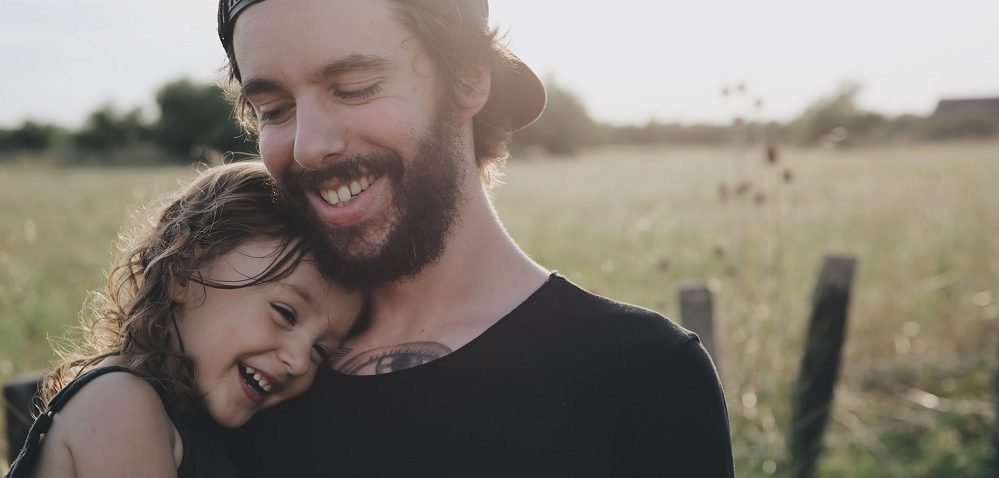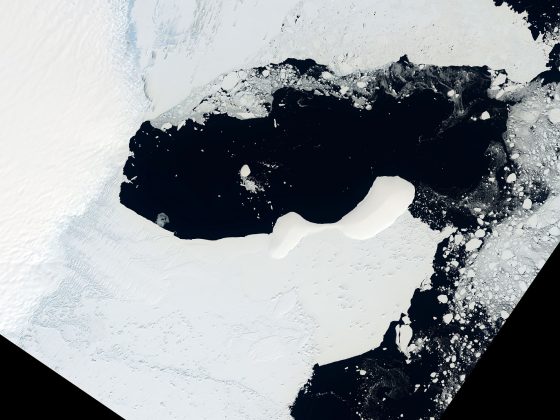When your little girl or boy runs around the house, they feel no restraints or limitations. They feel free. Would it not be wonderful if we could be like that throughout our lives? Surprisingly, we can.
Your children feel free because they are enveloped by your love. This is what gives them confidence that nothing will happen to them and they can venture anywhere they want and do whatever they please. If anything goes wrong, you’ll be there to keep them from harm.
As we get older, we encounter people who are not our parents and whose love for us is not unconditional, or who are complete strangers and might even seek to harm us. Instinctively, we lose our confidence and lose our joy. Instead, hesitation and suspicion take over.
“In its truest form, love means stepping out of myself, out of my personal desires, and beginning to relate to other people’s desires the same as parents relate to the desires of their children. But when strangers relate that way to one another, it creates an entire society whose members give each other a sense of complete freedom because they all feel loved.”
However, if we were to give each other love the way we were given it when we were little, there would be no reason to stop feeling safe and happy. In other words, if society were to give people the same feeling of love that parents give their children, no one would feel insecure or mistrust toward others when venturing outside one’s home.
No feeling is better than to love someone else. This unique pleasure is the reason that parents love to tend to their children. Love fills the lover even more than it fills the loved one. When love is reciprocated, no bond is stronger than a bond of love.
Our sense of freedom depends on the level of love among us. Particularly now, when the world has become completely interconnected and interdependent, it is essential that we become aware of it.
Because there are so many commitments and obligations between us—some of which we are aware of, and most of which we are not, but they exist nonetheless—it is imperative that we build positive relations between us rather than the existing atmosphere of distrust and hostility.
“It is not simple to develop love for others. However, in its absence, we cannot feel free.”
It is not simple to develop love for others. However, in its absence, we cannot feel free.
In its truest form, love means stepping out of myself, out of my personal desires, and beginning to relate to other people’s desires the same as parents relate to the desires of their children. But when strangers relate that way to one another, it creates an entire society whose members give each other a sense of complete freedom because they all feel loved.
In such a society, we can realize our full potential. When we want to contribute our abilities to the common good, the community, and all of society encourage us to do so, and we feel unbounded support and encouragement from the surroundings. This, in turn, increases our love for the society and our desire to give to it, creating a cycle of giving that empowers each member in the society, and the society as a whole. There is no end to what such a society can achieve.
The spirit of love knows no boundaries. If we nurture it among us, we will feel as safe as a baby in its mother’s bosom, and as free as a bird throughout our lives.











